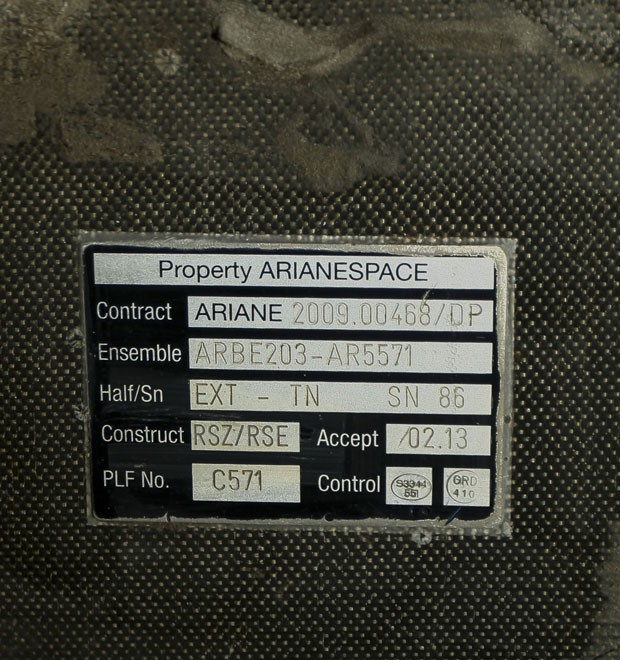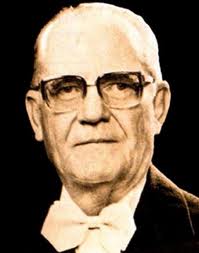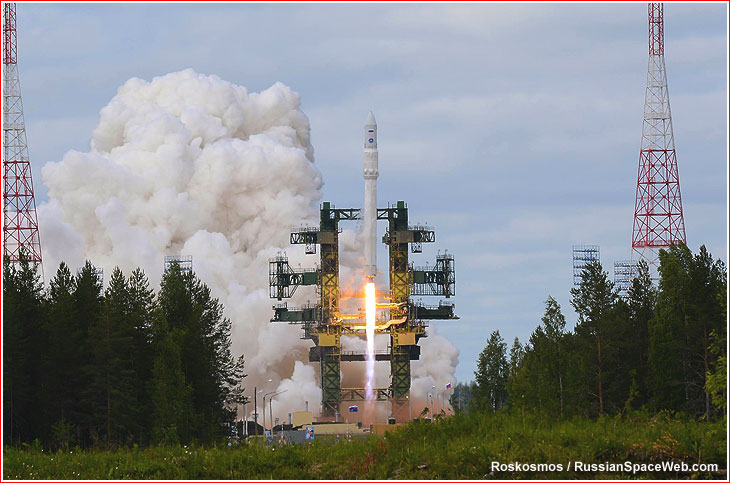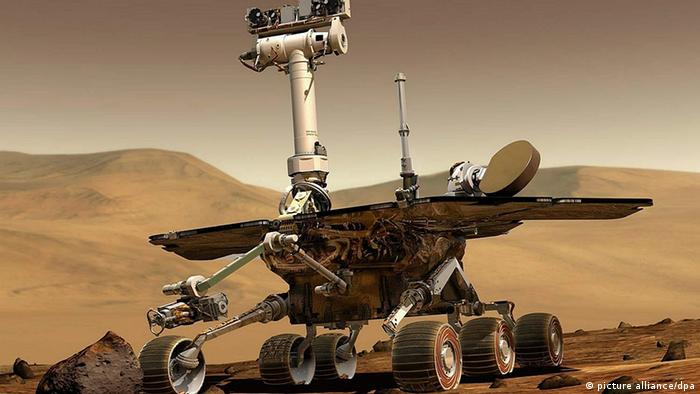Senate Bill Gets Tough on Russia
May 24, 2014 by Amy Svitak in Ares
http://aviationweek.com/blog/senate-bil ... ugh-russia
The impact of Moscow's aggression against Ukraine is finding its way into U.S. defense legislation, where lawmakers aim to curb America's dependence on Russian technology in bills that stand to benefit domestic manufacturing interests in some key congressional districts.
This week the Senate Armed Services Committee approved a bill that limits military-to-military security cooperation with Moscow and prohibits new Pentagon contracts with Russia's top weapons supplier, Rosoboronexport.
According to a summary of the 2015 defense authorization bill approved May 22, the Senate panel said it would also end existing Defense Department agreements with the company for a combined 63 Mi-17V-5 helicopters and associated spare parts being supplied to U.S.-backed forces in Afghanistan.
Moscow-based Rosoboronexport says just 12 of the helicopters have been delivered to the Afghan national army since the deal was signed in 2011.
The language, adopted as an amendment to the defense authorization bill on an 11-15 vote, echos legislation introduced May 15 by Republican Sens. Dan Coats of Indiana and John Cornyn of Texas, and Democratic Sen. Richard Blumenthal of Connecticut, lawmakers representing states home to U.S. rotorcraft manufacturing facilities, notably those owned by Bell Helicopter and Sikorsky.
The bill also authorizes congressional appropriators to fund $100 million in new spending next year to begin work on a replacement for the Russian RD-180 engine that would enter production by 2019. Built by NPO Energomash, the liquid oxygen/kerosene engine currently powers the first stage of ULA's Atlas 5 rocket, which launches the majority of U.S. Air Force missions.
The Senate language mirrors companion legislation approved May 22 in the House that calls for a domestic answer to the Russian engine, though that bill authorizes the appropriation of $220 million in R&D funding for the effort next year.
Both House and Senate bills track with recommendations from a blue-ribbon panel that emerged last week calling for competitive development of a domestic liquid-oxygen/hydrocarbon engine to replace the RD-180. If implemented, the findings could see Aerojet Rocketdyne of Sacramento, Space Exploration Technologies (SpaceX) of Hawthorne, Calif., and Blue Origin of Kent, Wash., bid for the development.
With a new engine competition increasingly likely, other states that could benefit from such a development include Alabama, Florida, Louisiana, Mississippi and Texas – all of which are represented by senior members of the Senate and House armed services committees.
In their version of the bill, Senate lawmakers actually go a step further than their House counterparts, prohibiting the U.S. Air Force from using the Russian rocket engines after a bulk-buy contract signed in December with ULA for 36 Atlas 5 and Delta 4 rocket cores runs out, most likely by 2017. While the bill includes waiver authority “for national security and if space launch and services cannot be obtained at a fair and reasonable price,” it also requires the defense secretary to submit a plan to Congress by Sept. 30 for competitively developing the Evolved Expendable Launch Vehicle (EELV)-class liquid rocket engine and authorizes the Pentagon to use $20 million already appropriated in the current fiscal year for this purpose.
If enacted, the Senate legislation would require the Air Force to increase EELV competition by at least one supplier starting in fiscal 2015, though importantly the bill stipulates this be done without breaking the terms of ULA's existing block-buy agreement. The legislation allows for an additional competition between fiscal 2016-27, unless the defense secretary says such a tender would break the block-buy contract.
Finally, the Senate version calls for the Government Accountability Office (GAO) to examine the risk of U.S. reliance on foreign sources for EELV missions, as well as the cost and pricing methods used under the EELV program by the Air Force and ULA.










